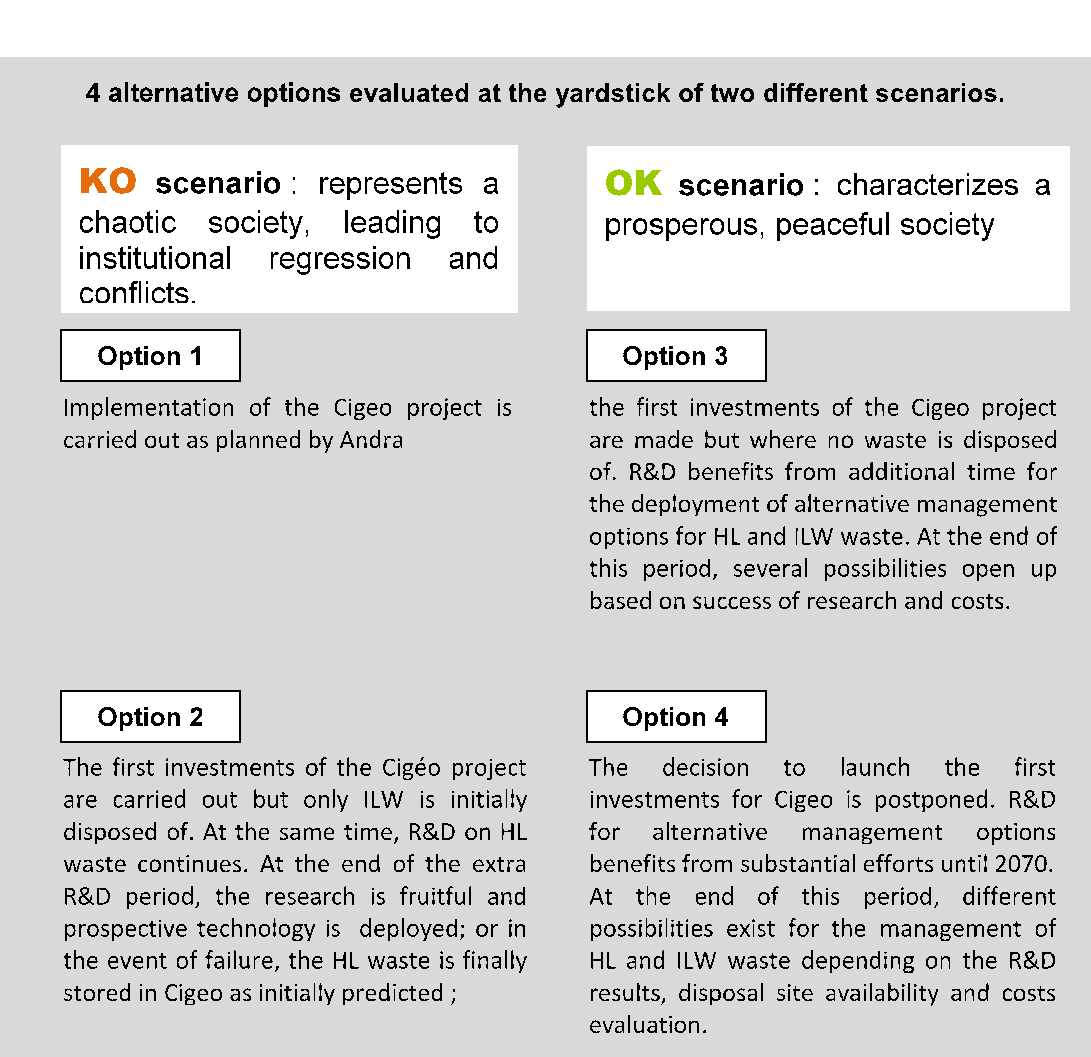Constructing Cigeo today, an insurance against the uncertainties of tomorrow
For three years, a group of economic experts has been advising Andra on the socio-economic assessment of Cigeo. This study aims to assess the interest of the project from an economic, but also societal and environmental perspectives. Is Cigeoa real advantage for society? How and according to what assumptions? Explanations and lessons with Émile Quinet, doctor of economics, professor emeritus at the Ponts-Paris Tech school and president of the group of expert-economists.
In France, 15% of investments are made by public authorities, in sectors as important as transport, energy, health or education. Since 2012, the law has required promoters of projects above 100 million euros to quantify the social utility of the planned investments: "it is important that the decision to carry out such and such a project be taken in the most enlightened manner possible. », explains Émile Quinet. For three years, the economist chaired, at Andra's request, the work of a group of experts responsible for evaluating the Cigeo project. "It is a question of studying its costs and its advantages, taking into account not only the point of view of Andra, promoter of the project, but also that of all the members of the national community concerned by the project. project, including future generations. "
Comparing 4 options
While this type of study is frequent for more ordinary infrastructure projects, such as highways or railway lines, for Cigeo, the challenge is considerable. It involves a very specific methodology. "Cigeo is a one-of-a-kind project of exceptional duration. We cannot confront it with past experience. We therefore had to build reference elements. » Based on the research and engineering data available, the economists, in collaboration with Andra and a specialized research firm, modeled and then compared four alternative options (see diagram below) evaluated at the yardstick of two different scenarios.
The "OK" scenario considers these options in the context of a prosperous and stable future society.
On the contrary, the “KO” scenario envisions them in a chaotic future society facing crises.
Beyond financial considerations alone, these models also take into account a more qualitative criterion: the "insurance benefit", that is to say the service provided to the population and the attention paid to future generations.

Cigeo, insurance for future generations
From a strictly quantitative standpoint, long-term storage associated with research into other alternatives may appear to be an economically more favorable option than Cigeo, "if and only if our societies remain stable," explains Émile Quinet. Because if the research is unsuccessful, not only the sums already invested in Cigeo and the search for alternatives will be lost, but the probabilities that the company will lose in stability increases over time, the risks incurred by future generations will be greater. In addition, temporary storage facilities will have to be extended - at great economic and psychological cost. "The higher the probability of a societal failure, the greater the insurance benefit considered, the more profitable Cigeo is," summarizes the economist. Option 1 (do Cigeo) thus responds to a final securing of radioactive waste and avoids the transfer of charges to future generations. It provides long-term insurance for the management of radioactive waste, the implementation of which would represent a one-time cost of around one hundred euros per inhabitant.
Included in the Cigeo project's public utility declaration application, this socio-economic assessment makes it possible to objectify these hypotheses. "It is a decision support tool for public authorities. It gives them information on the criteria to be taken into account, or not, in their political choices and on the respective weight of these criteria ”. A second opinion conducted by the General Secretariat for Investment assessed the rstudy and resulted in a favorable opinion for the Cigéo project, and included recommendations associated with the conditions for the success of the project.

